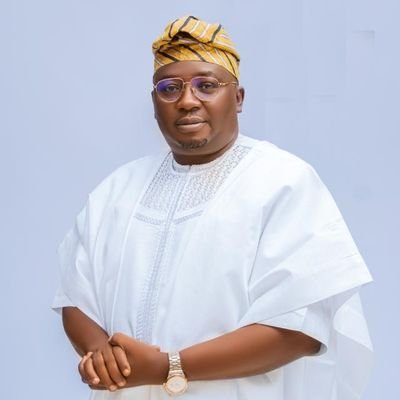Nigeria’s newly appointed Service Chiefs have pledged to revamp the nation’s security architecture through strategic foreign partnerships, local arms manufacturing, inter-agency collaboration, and enhanced personnel welfare.
The commitments were made during their screening by the Senate and House of Representatives, which featured rigorous questioning, closed-door sessions, and assurances to reposition the armed forces for modern warfare and internal security challenges.
Lt. Gen. Olufemi Oluyede, Chief of Defence Staff (CDS), told lawmakers that his extensive experience in national security and senior military leadership has prepared him to tackle the country’s complex security challenges.
“I will work to bring positive change to our military economy and optimise operational design and tactics. This is a period for unity, strong bilateral and multilateral partnerships, and fairness across all services,” Oluyede said.
He also called for the establishment of a local military-industrial complex to reduce Nigeria’s reliance on foreign arms imports.
“We can’t keep buying equipment from outside; it’s extremely expensive. Nigeria must develop its capacity to produce the tools needed to prosecute wars and tackle insecurity,” he noted, adding that improving personnel welfare and collaborating with the legislature for adequate funding would be top priorities.
Oluyede emphasized intelligence-led operations, police restructuring for internal security duties, and vigilance against cyber threats and misinformation.
“This role is challenging and all-consuming. We will focus on local solutions while strengthening international partnerships to eliminate insurgency and restore peace nationwide,” he said.
The Chief of Army Staff, Maj. Gen. Waidi Shuaibu, highlighted past successes, including the rescue of 15 Chibok girls and the neutralization of terrorist commanders. He promised to revitalize military operations, enhance intelligence gathering, and improve manpower training.
Senator Isah Jubrin (Kogi East) endorsed Shuaibu, describing him as “humble and serious-minded” with the competence to address Nigeria’s current security challenges.
Rear Admiral Idi Abas, Chief of Naval Staff, pledged to integrate modern technologies, including drones, to enhance maritime surveillance and combat piracy, oil theft, and kidnappings. He also supported the deradicalization of repentant insurgents while advocating sensitivity toward victims’ families.
For the Chief of Air Staff, Air Vice Marshal Kennedy Aneke, the focus will be on innovation and discipline to strengthen Nigeria’s air capabilities.
The new Service Chiefs collectively emphasized local solutions, international cooperation, and personnel welfare as central to Nigeria’s security transformation.








